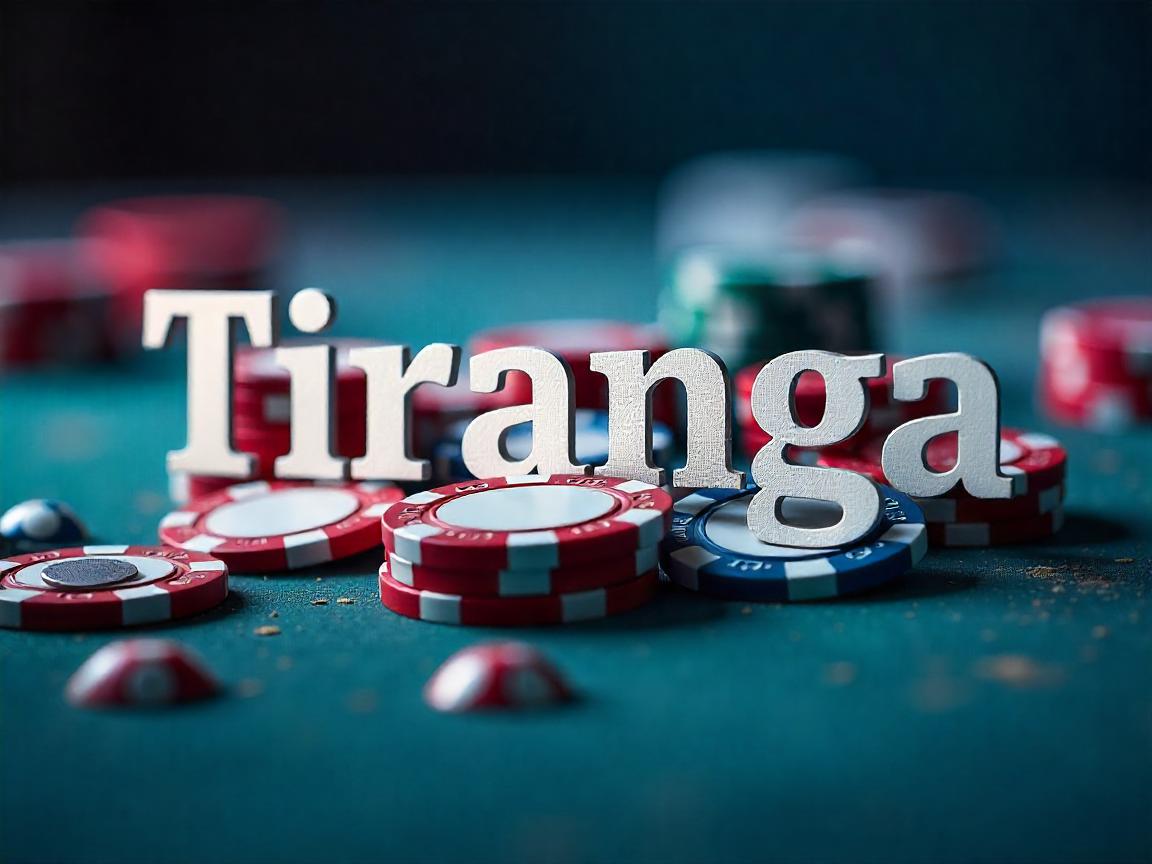
In this fast paced life, gaming has become an important part of our lives. So, what happens when you are not connected to the internet? DG Club Game excels in this sector. You can play anywhere without worrying about Wi-Fi or mobile data thanks to its offline play feature. Let’s find out what you need to know about playing DG Club Game offline.
What is the DG Club Game?
Before we get into the offline feature, let’s talk about the DG Club Game. A leading gaming platform that offers a variety of games from different categories. Don’t worry if you are into card games, strategy, action, or even puzzles. DG Club Game offers something for everyone. The best part is A lot of these games can be played without an internet connection!
Why Do People Like Offline DG Club Games?
You may ask, “Why should I play offline when I can get connected online?” Here are some convincing tips: Without Internet No Problem! Offline play is perfect for when you’re on a flight, commuting, or are in places with bad network connectivity.
- Preserve your mobile data. Your online gaming activities can consume a lot of your cellphone data quickly. Offline games allow data conservation for more critical uses.
- No Interruption Avoid poor connections that lead to annoying advertisements and pop-up ads.
- Faster While Games Offline games, without any internet applications running in the background, load faster and function better.
Use DG Club Game Access Here Offline Mode
For beginners, Playing DG Club Game is really simple. Just follow these instructions:
Step 1: Download the Games
The best gaming websites DG Club Game offer a range of games for offline use. If you wish to save on mobile data, you can download the games you want to play while connected to Wi-Fi.
Step 2: Check for Offline Usage
Not all games can be played offline. You can check if the game has offline play ability by looking at the options or in the game’s description.
Step 3: Now You Can Open it and Play Anytime
The game can now be played offline. Just open the app, and you can start gaming right away without Wi-Fi.
Top DG Club Games Let you Rest your Data
Play the following games without the internet and data such as DG Club Game’s best and multiplayer offline games:
- The classic one with cards: For fans of card games, there are different styles of solitaire, rummy, and poker to enjoy without the internet.
- Puzzles and Brain Games: Problem solving anytime, anywhere and at any skill level adds to your brain development.
- Strategy and Adventure Games: Embark on thrilling adventures or execute strategic moves even when the internet is down.
- Action Games and Arcade Games: If you like fast-paced action, many offline arcade games will catch your attention.
Tips for Playing Games Offline
Use following tips to enhance your performance while playing DG Club Game offline:
- Deep Downloading Details: It’s best to do all of the downloading before going offline. Your games need to be fully downloaded to work properly without the internet. While it’s fun, not having internet will drain your battery, so always make sure to have your device charged.
- Look For New Content: As you might expect, many offline games will require occasional internet updates to fix bugs or add new content. Do this when you’re connected.
- Explore a Variety of Genres: Choose from a selection of DG Club Games which are available offline. You will surely find many ways to entertain yourself.
Final Thoughts
With DG Club Games, you can always play a game without worrying about the internet. Offline gaming is perfect for trips where connections are poor, saving data, or a combination of both. Players will never run out of options to choose from in the wide variety of offline games available.
What are you waiting for? Download your desired DG Club Game now on https://dgclub.com.in and enjoy unlimited online gaming!

Read more: https://megawheelscasino.top/






